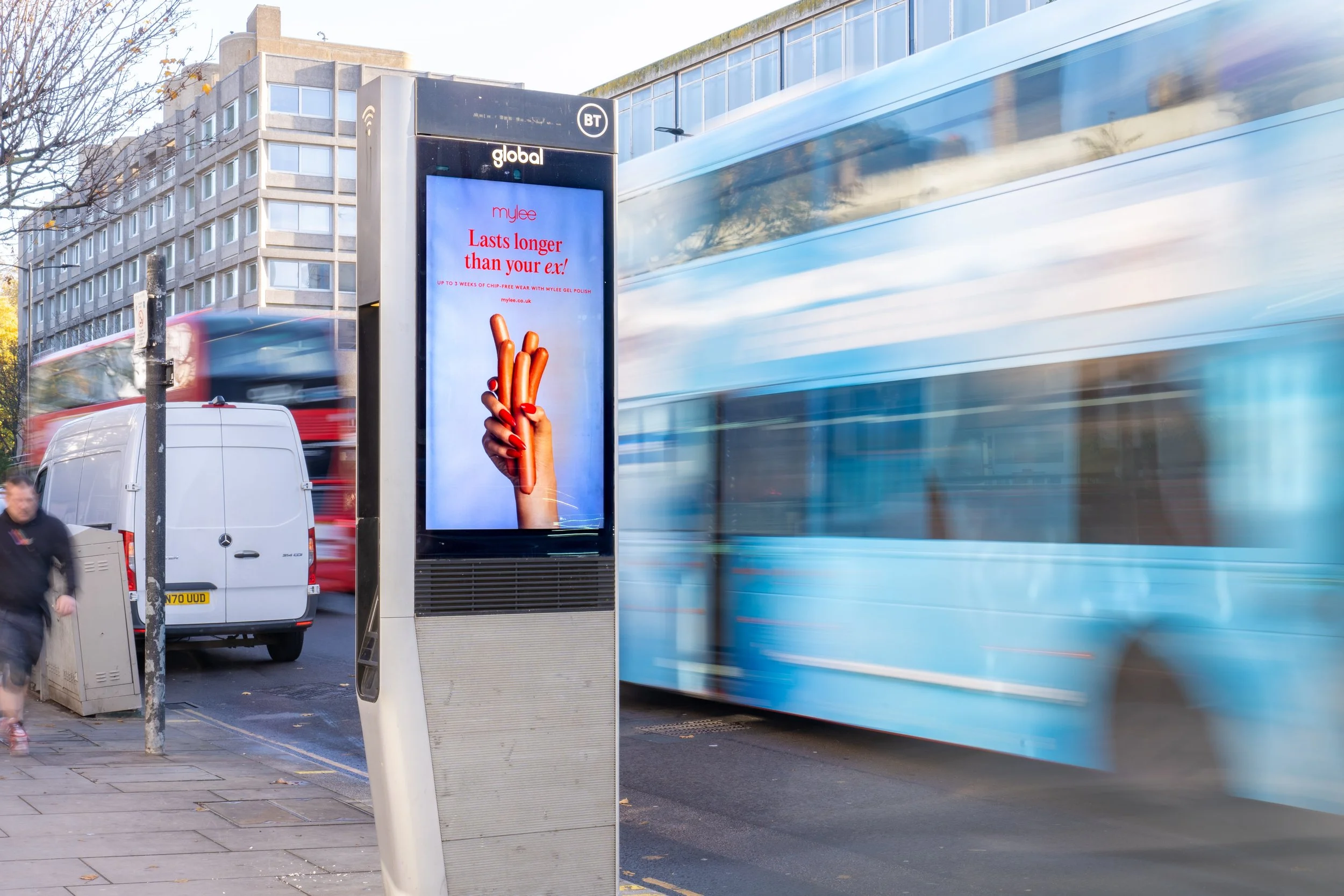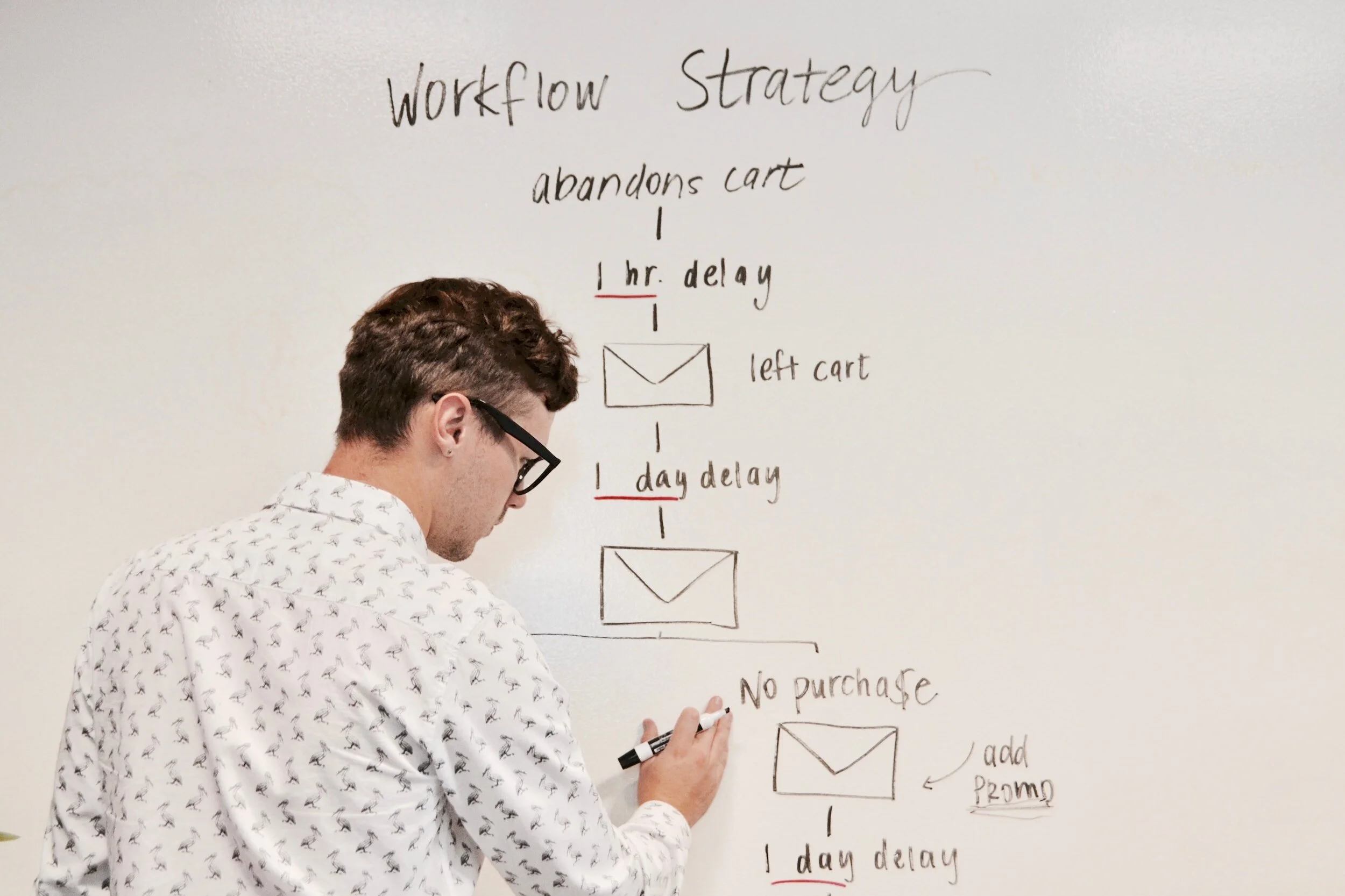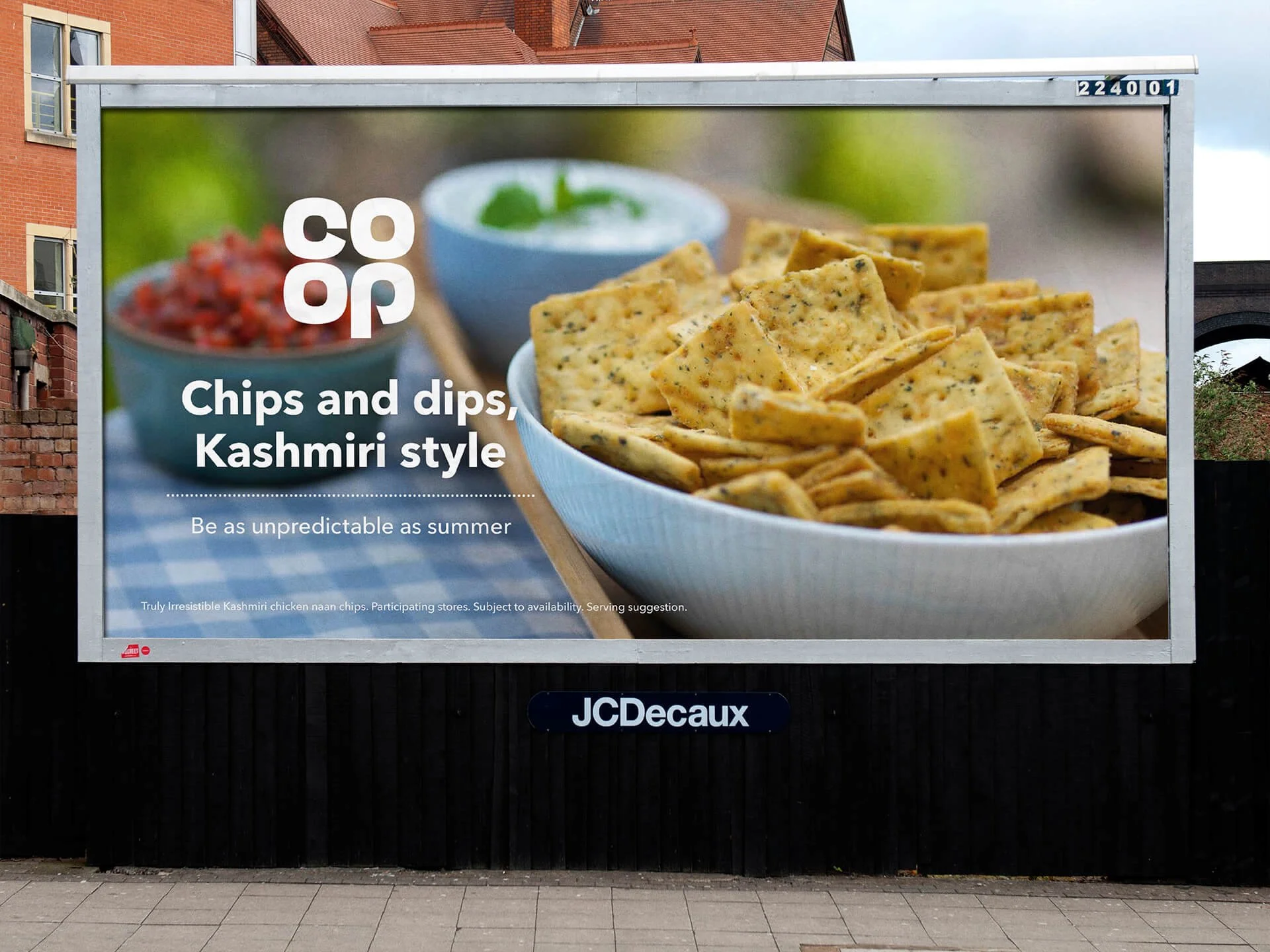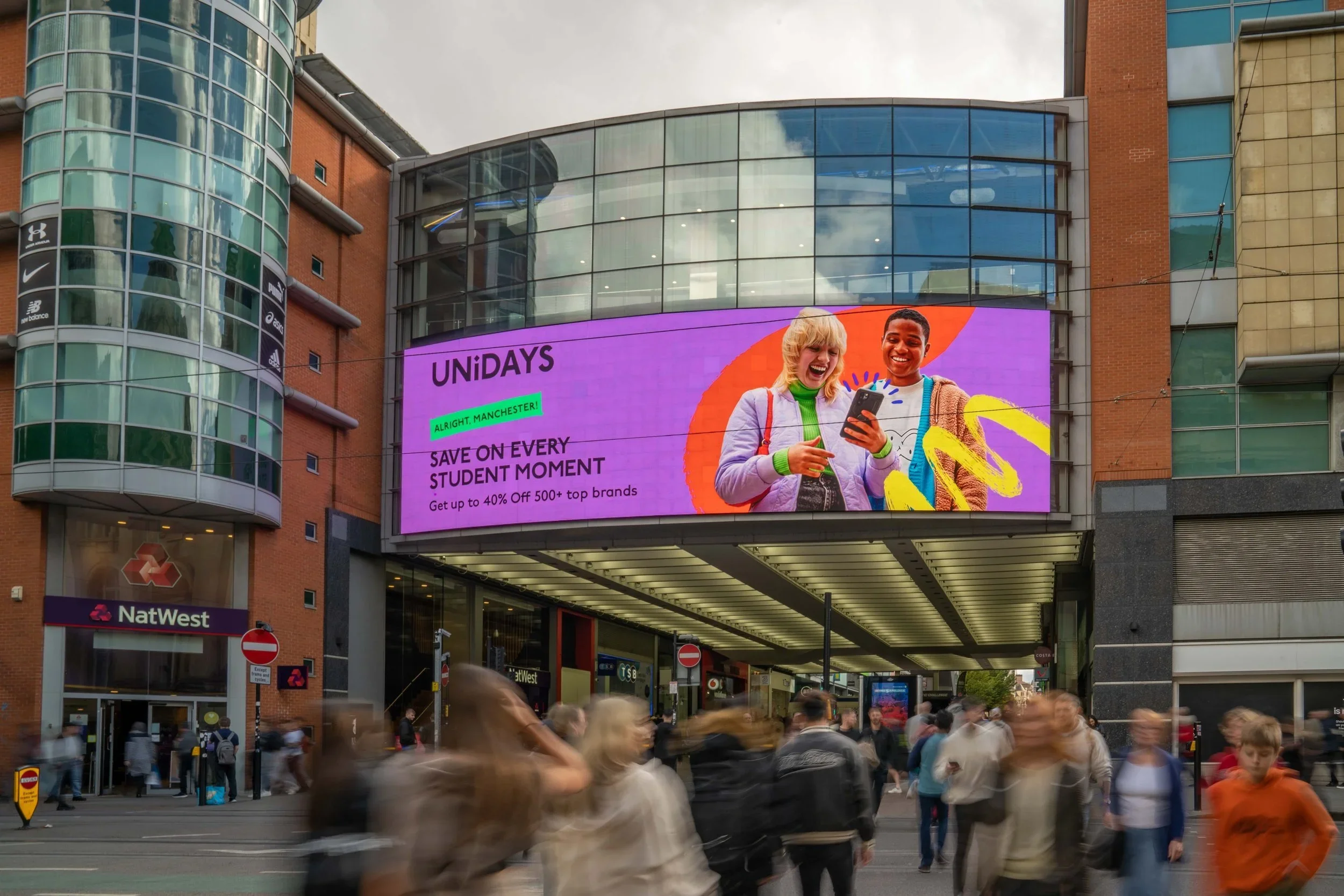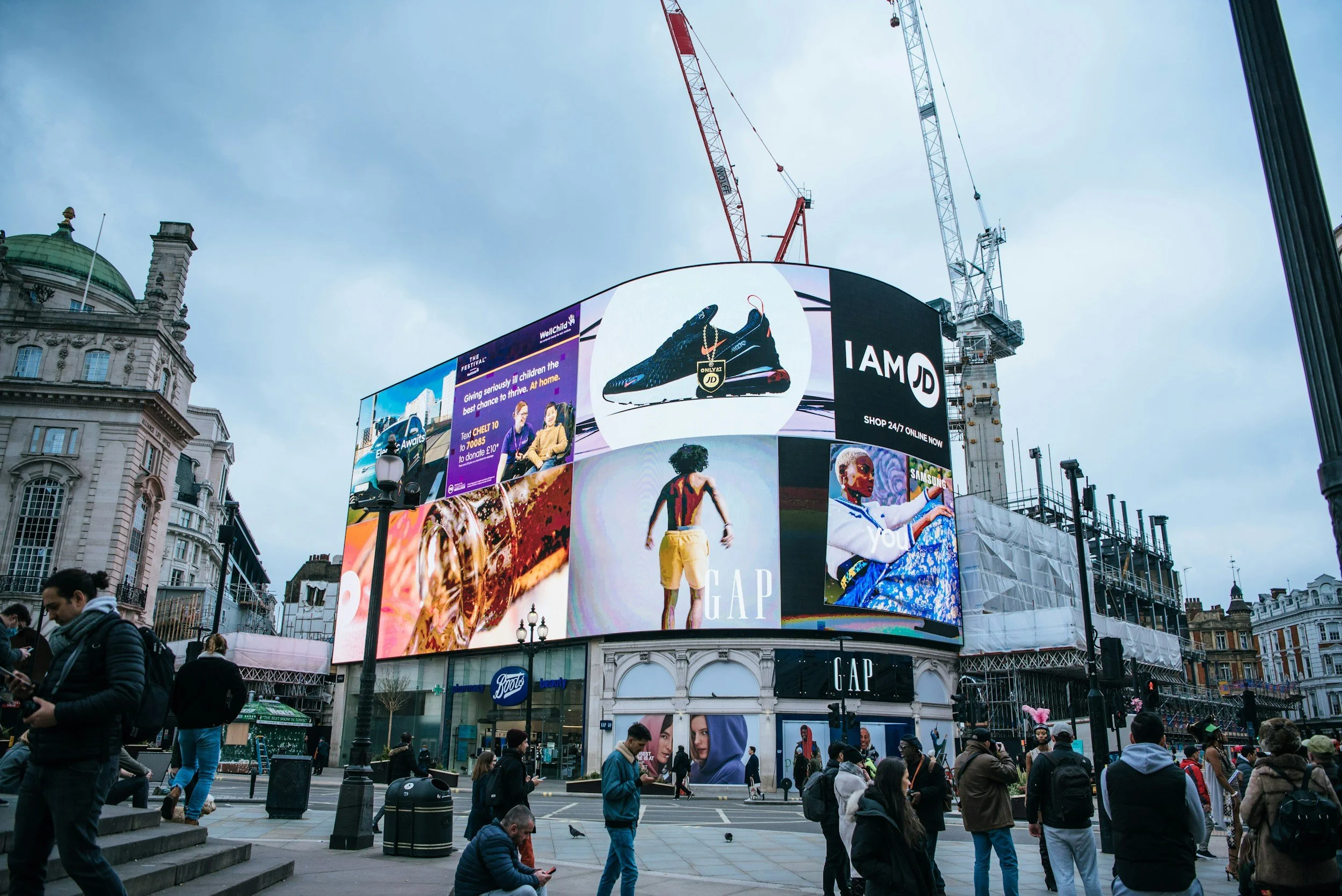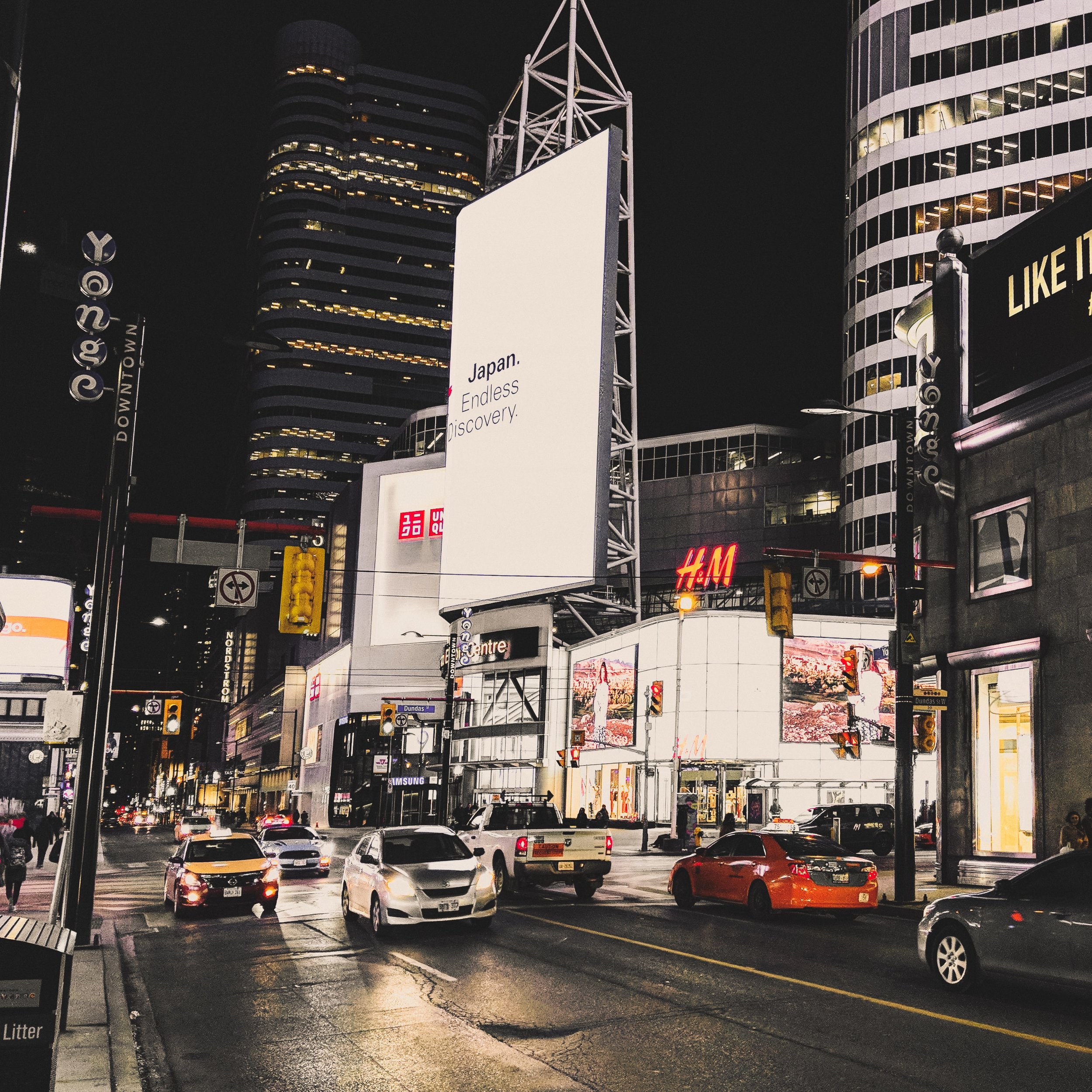What is a Media Agency and what does a Media Agency do?
Key Takeaways
A media agency is a specialist firm that plans, buys and manages advertising across channels such as TV, radio, print, outdoor and digital. Their role is to design strategies that maximise reach, efficiency and impact for brands.
Core functions include media planning, buying and campaign optimisation. Agencies research audiences, negotiate the best rates with media owners, and track performance to ensure campaigns deliver against objectives.
Working with a media agency provides access to scale, expertise and cost efficiencies. Brands benefit from unbiased advice, nationwide planning, diverse formats and stronger returns through professional execution and buying power.
In the fast-paced and dynamic world of advertising and marketing, media agencies have emerged as pivotal players. Their role is not only significant but also multifaceted, as they navigate the complex landscape of media planning and buying to aid brands in reaching their target audience effectively. This essay delves into the essence of a media agency, its functions, and the numerous benefits it offers to brands.
Briefing Team on a Media Agency.
Definition and Role of a Media Agency
A media agency is a specialized firm that assists clients, particularly brands and corporations, in planning, buying, and managing advertising and marketing campaigns across various media platforms. These agencies are the architects of a brand's media strategy, focusing on maximizing the impact of advertising campaigns to reach the desired audience in the most effective way.
Functions of a Media Agency
The core functions of a media agency include:
Media Planning: This involves researching and identifying the most suitable media platforms for a brand's advertising campaign. Media planners consider factors like target audience, media consumption habits, and the client's budget and objectives. Read more about media planning here.
Media Buying: Once the plan is in place, media buyers negotiate and purchase advertising space across selected media channels. This task requires a deep understanding of the media marketplace and strong negotiation skills to secure the best rates and placements. Read more about media buying here.
Campaign Management and Analytics: Media agencies monitor the performance of the advertising campaigns, analyze the data, and make adjustments to optimize the results. This continuous process ensures that the client's objectives are met effectively.
Digital Outdoor Advertising.
Above-the-Line Media
Media agencies predominantly work with above-the-line (ATL) media, which includes:
TV Advertising: One of the most impactful media, offering wide reach and a variety of advertising formats.
Radio Advertising: A traditional but still relevant medium, particularly for local and regional campaigns.
Print Media: Newspapers and magazines, catering to specific demographics and interests.
Outdoor Advertising: Billboards, transit ads, and other forms of outdoor media offer high visibility in public spaces.
Digital Marketing: Including online advertising, social media, and other digital channels that offer targeted and interactive ad options.
Key Benefits of Working with a Media Agency
Brands that partner with media agencies gain several advantages, including:
Access to All Media Owners: Media agencies have established relationships with a vast network of media owners, providing brands with comprehensive access to various advertising platforms.
Diverse Placements and Formats: Agencies offer a wide range of advertising formats and placements, ensuring that the campaign reaches the audience in the most effective manner.
Experienced Teams: Media agencies bring together experts in media planning, buying, and analytics, ensuring that each campaign is crafted and executed by professionals.
Unbiased Choices: Agencies provide objective recommendations on media choices, focusing solely on the client's interests and campaign objectives.
Nationwide Scale Planning: With their extensive networks and partnerships, media agencies can efficiently plan and execute campaigns on a national scale, even when dealing with regional media owners or clustered formats.
Cost Efficiency: Leveraging their buying power and negotiation skills, agencies often secure better rates and value for advertising spend.
Structure of a Media Agency
A typical media agency comprises various teams, each specializing in different aspects of media planning and buying. These include:
Account Management: The primary point of contact for clients, responsible for understanding client needs and coordinating with other teams.
Media Planning: Experts who strategize where and when to place ads.
Media Buying: Specialists in negotiating and purchasing media space.
Research and Analytics: Professionals who analyze data and market trends to inform strategies.
Creative Team: Although not present in all media agencies, some have in-house creative teams to aid in the design and development of advertising materials.
Snapshot of a Media Agency account manager.
Working Process with a Media Agency, similar to working with One Day Agency.
The usual process of engaging with a media agency involves several key steps.
Taking a Brief: The client provides a brief outlining their objectives, target audience, budget, and other relevant information.
Strategy Development: Based on the brief, the agency develops a comprehensive media strategy.
Media Plan Presentation: The proposed plan is presented to the client for approval, detailing the selected media channels, timings, and expected outcomes.
Execution: Once approved, the agency executes the plan, managing all aspects of the campaign from buying to placement.
Monitoring and Reporting: The agency continuously monitors the campaign's performance, providing regular reports and making necessary adjustments for optimization.
Post-Campaign Analysis: After the campaign concludes, a detailed analysis is presented to evaluate its success and learnings for future campaigns.
In conclusion, media agencies play a critical role in the advertising ecosystem. Their expertise in media planning and buying, combined with their extensive networks and experienced teams, offers brands a significant advantage in reaching their audience effectively and efficiently. The process of working with a media agency is collaborative and dynamic, ensuring that each campaign is tailored to meet the specific goals and objectives of the client.
FAQ
Q1: What exactly is a media agency?
A1: A media agency is a specialized company that assists clients, like businesses and brands, in planning, buying, and managing advertising and marketing campaigns across various media platforms. They focus on maximizing the impact of these campaigns to reach the target audience effectively and efficiently.
Q2: What are the primary services offered by a media agency?
A2: Media agencies offer a range of services including media planning (researching and identifying the best media platforms for an advertising campaign), media buying (negotiating and purchasing advertising space), campaign management, and analytics (monitoring and analyzing campaign performance to optimize results).
Q3: How does a media agency differ from a marketing or advertising agency?
A3: While there is some overlap, a media agency specifically focuses on the planning and buying of media space and time for advertising, as well as optimizing and analyzing the media aspects of advertising campaigns. In contrast, marketing and advertising agencies often handle a broader range of services, including creating the actual content of advertisements, developing overall marketing strategies, and brand development.
Q4: What are the benefits of using a media agency for advertising?
A4: Working with a media agency offers several benefits, including access to expert knowledge and experience, comprehensive access to a variety of media channels and formats, unbiased recommendations on media choices, efficient nationwide scale planning, and often better rates and value for media spending due to the agency's negotiation power and industry connections.
Q5: What is the typical process of working with a media agency?
A5: Typically, the process begins with the client providing a brief to the agency that outlines their advertising objectives, target audience, budget, and other relevant details. The agency then develops a media strategy and plan, presents it to the client for approval, and upon approval, executes the plan. They manage all aspects of the campaign, from buying to placement, and continuously monitor and report on its performance, making adjustments as needed. After the campaign, a detailed analysis is provided to evaluate its success and learnings for future campaigns.
If you want to learn more about how a media agency can help, contact us today.


